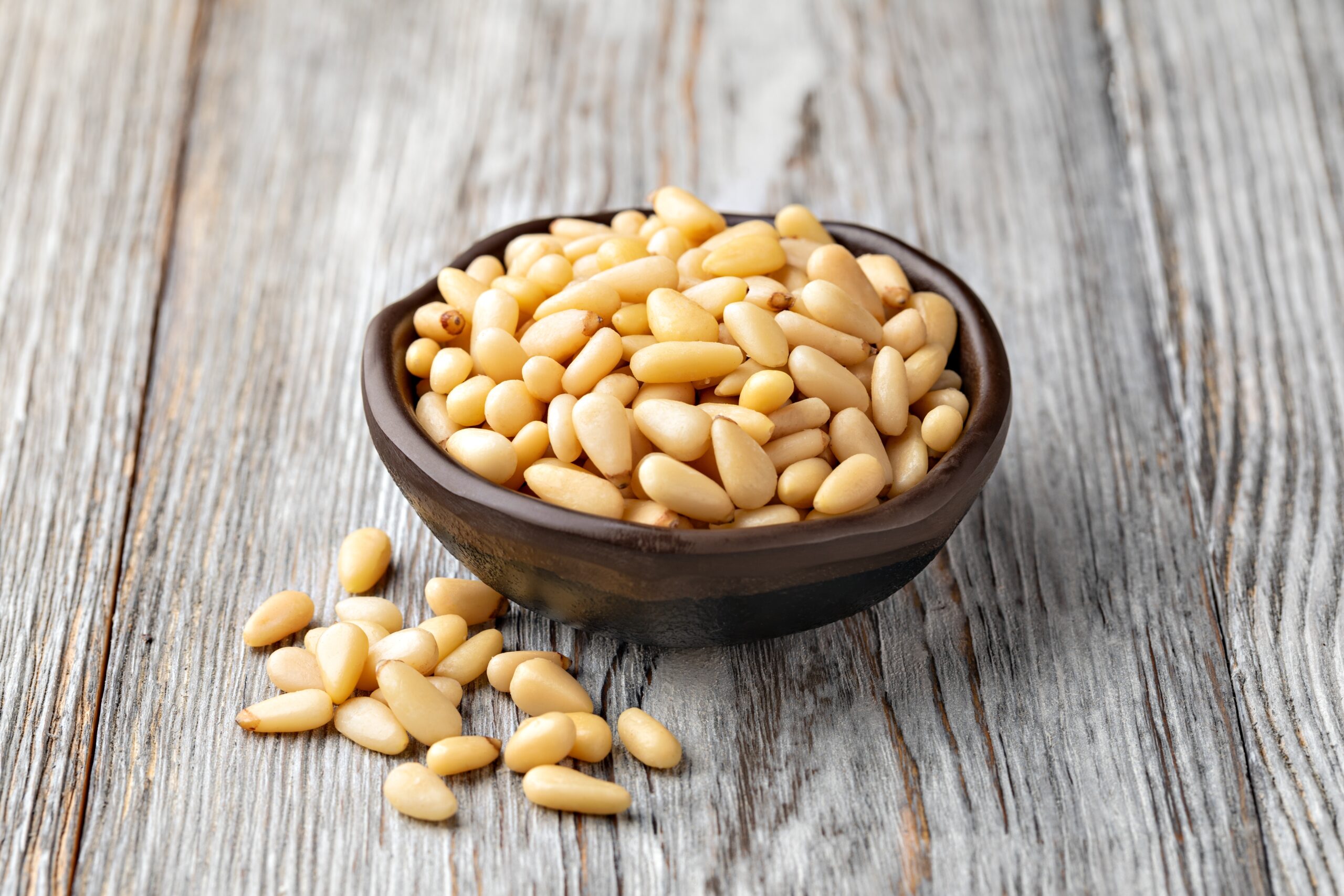A single handful of pine nuts can hijack your taste buds for an entire month, turning every meal into a bitter nightmare that baffles doctors and has no known cure.
Story Overview
- Pine Mouth Syndrome causes a persistent bitter or metallic taste lasting up to four weeks after eating certain pine nuts
- Over 3,100 cases were reported in France alone during the peak outbreak years of 2009-2011
- The mysterious condition appears linked to Chinese pine nuts from Pinus armandii species entering the global food supply
- Scientists suspect genetic susceptibility may determine who develops this taste disorder, but no definitive cause has been identified
- The FDA continues monitoring cases while consumers remain largely unaware of the risk lurking in their pantries
The Phantom Taste That Won’t Go Away
Pine Mouth Syndrome strikes without warning. Victims consume pine nuts normally, only to wake up 12 to 72 hours later with an overwhelming bitter or metallic taste coating their mouth. This phantom flavor intensifies when eating or drinking, transforming simple pleasures like morning coffee or chocolate into revolting experiences. The condition persists relentlessly for days or weeks, immune to mouthwash, brushing, or any medical intervention.
The syndrome first surfaced in Belgium in 2001, but remained relatively obscure until the late 2000s when cases exploded across Europe and the United States. By 2011, health authorities were tracking thousands of reports, with many victims initially fearing they had been poisoned or developed a serious medical condition.
When Edible Becomes Inedible
Scientists discovered that only about 30 of the world’s 100-plus pine species produce truly edible nuts. The remainder contain compounds that make them unsuitable for human consumption. The prime suspect in Pine Mouth Syndrome cases is Pinus armandii, a Chinese species that somehow infiltrated the global pine nut supply chain during the 2000s commodity boom.
Unlike typical food poisoning or contamination, Pine Mouth Syndrome appears to be an intrinsic property of certain pine nut species rather than the result of improper handling or storage. This discovery sent shockwaves through the food industry, revealing dangerous gaps in species authentication and supply chain oversight that persist today.
The Genetic Connection Mystery
Recent research suggests that genetic variations, particularly in the TAS2R38 gene responsible for bitter taste perception, may determine susceptibility to Pine Mouth Syndrome. This explains why some people can consume the same batch of pine nuts without experiencing any symptoms, while others suffer for weeks. The genetic component adds another layer of complexity to an already puzzling condition.
Medical professionals remain frustrated by their inability to treat or prevent the syndrome. No antidotes exist, no medications provide relief, and victims must simply endure the ordeal until their taste buds eventually reset. This helplessness has driven many sufferers to seek answers online, creating informal networks of pine mouth survivors sharing experiences and coping strategies.
Sources:
A potential trigger for pine mouth: a case of a homozygous PTC taster
A Trial Investigating the Symptoms Related to Pine Nut Syndrome
What Is “Pine Mouth Syndrome”? – NutritionFacts.org
‘Pine Mouth’: How Pine Nuts Can Ruin Tastebuds for Weeks
Pine Mouth Syndrome – Prolonged Bitter Taste from Certain Pine Nuts








